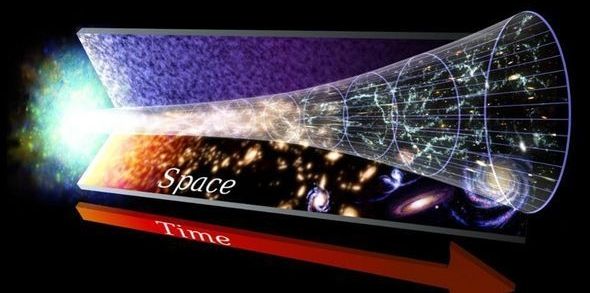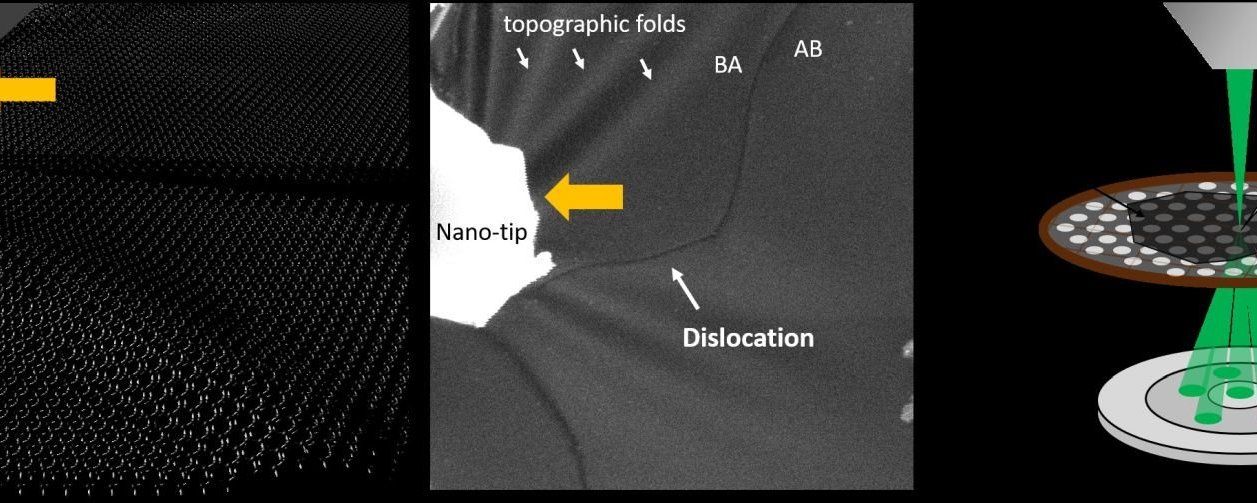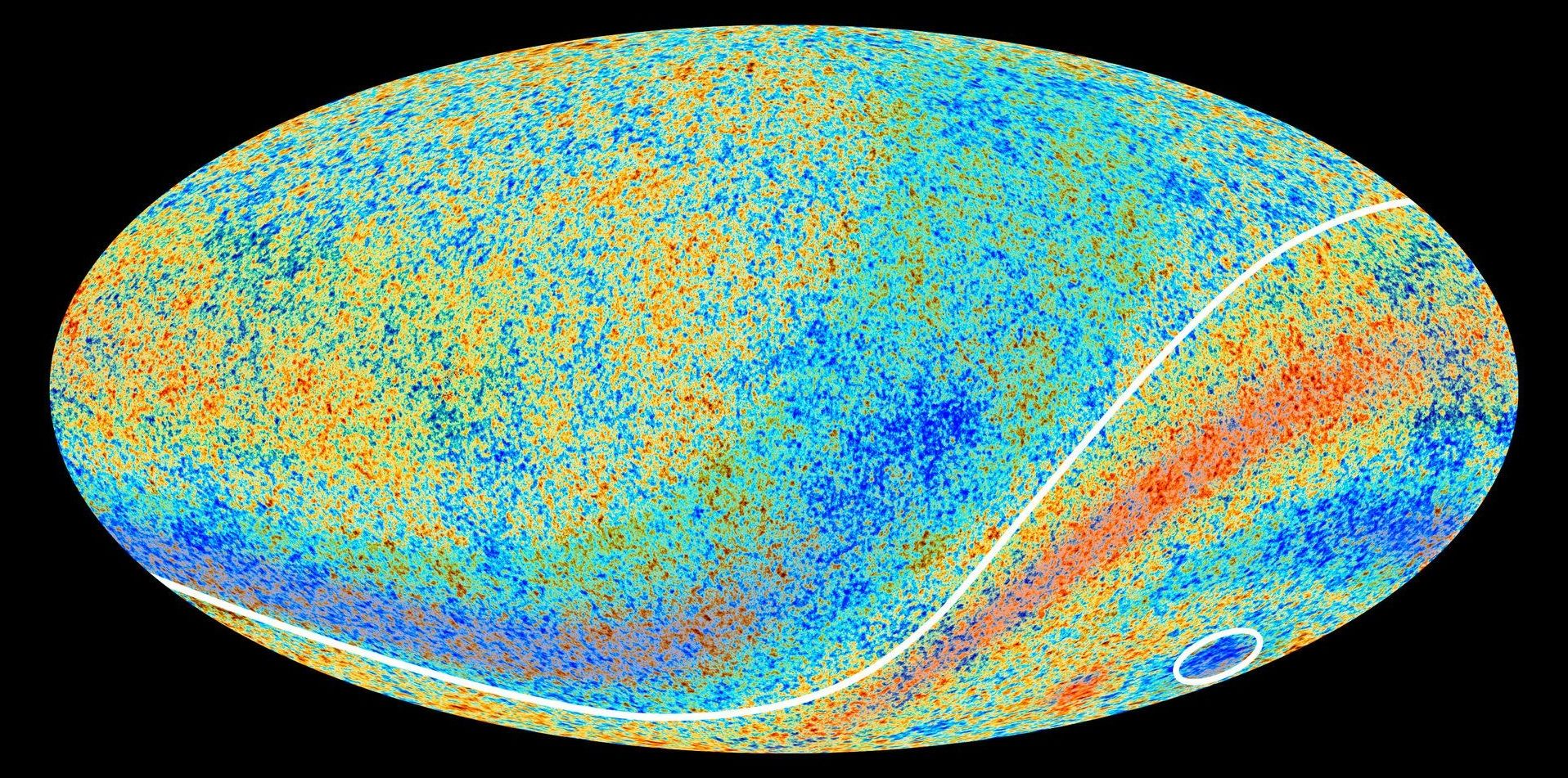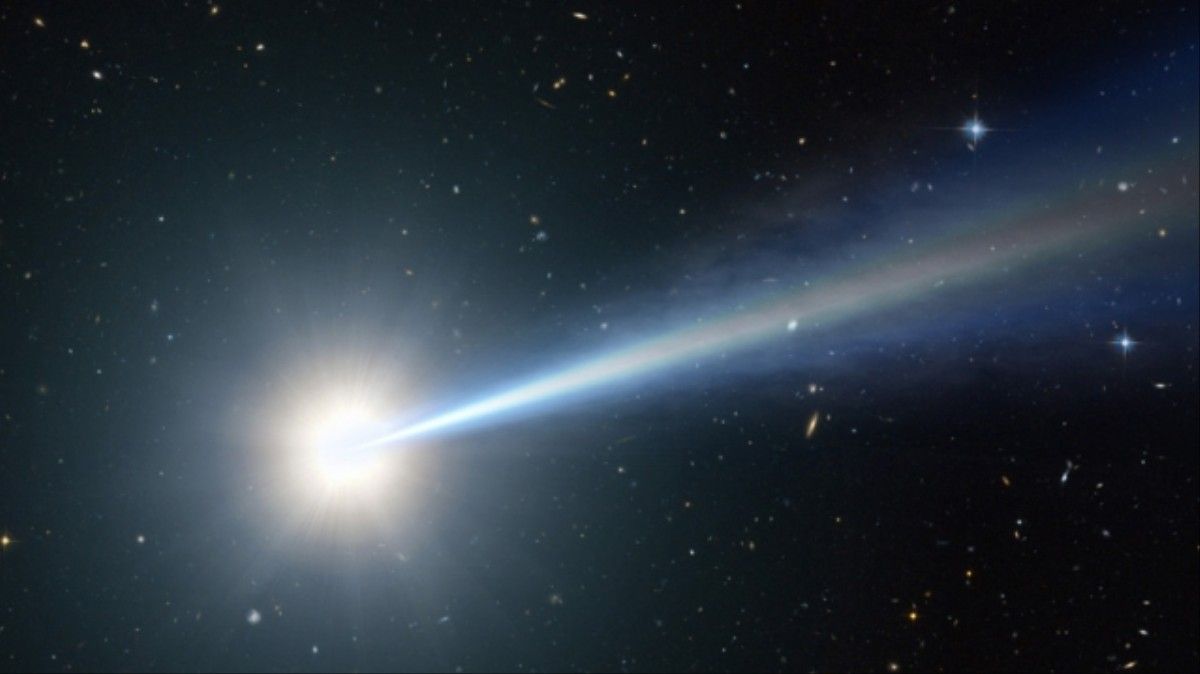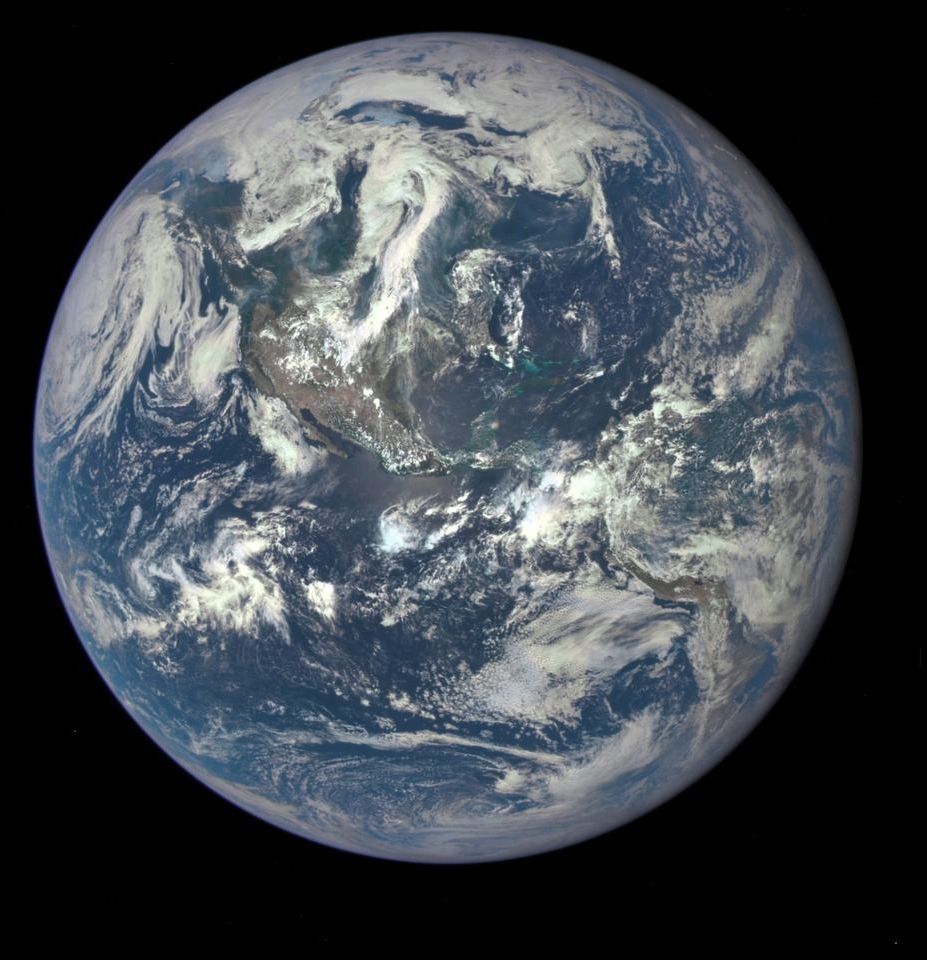
Today, the Earth is covered with life in countless forms, but four billion years ago there was no life on our rocky world. So, it stands to reason that sometime between then and now a single organism came into existence that started it all. This is a widely-held belief among scientists, and the name they have given that ancient organism is LUCA. It stands for “last universal common ancestor” — the one microbe that you, your dog, the guy who cut you off in traffic this morning, and the tree in your back yard all descended from.
It’s a mind-blowing concept. It makes perfect sense, but tracing the origins of the ancestor of all life on Earth is an incredibly difficult task. For a long time, scientists had settled on a timeline of between 3.5 billion and 3.8 billion years ago. Now, a new round of research has pushed that date back even further. The work was published in Nature Ecology & Evolution.
It’s important to note that LUCA isn’t thought to have been the very first cellular organism on Earth. The conditions under which life formed likely created many single-celled life forms, but only one of them had what it takes to “make it” on Earth, and that microbe is believed to be the root of everything that came later.
Read more

